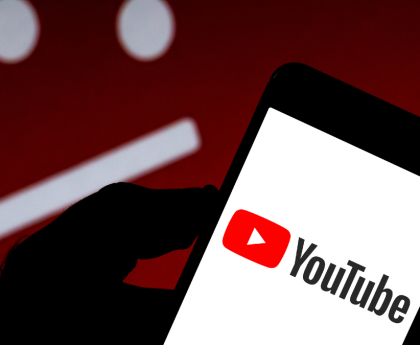Technology is changing our world. In the past, technology has only been useful to specific industries. Now, however, it encompasses almost every industry and has created new employment opportunities for many. Because technology changes so rapidly, many tour companies have added laptops, iPods, and portable DVD players to their client list in recent years. Tour guides now commonly carry cell phones and Internet capabilities as well.
But new technology is also presenting fresh challenges, requiring tour operators to bring something unique to any vacation experience, no matter how basic. “On the other hand,” she noted, “a few people are utilizing it to their full advantage.” The sharing economy presents many opportunities to travelers, but it also presents new complications as well. “We’re going to see more people taking advantage of these opportunities,” predicts Mary Poppin, Executive Director of the American Tourister Company, which specializes in travel and leisure. “The key to doing this successfully is in the planning.”
The good news is that with a little foresight, everyone involved in the sharing economy can find a way to benefit. The key is making sure that the right people get involved in the conversations that need to take place between tourists and tour operators. This takes some good communication skills, especially between tour guides, airlines, campgrounds, and campgrounds. Here are some ways in which allamail tour operators can work together.
One way to encourage people to use new travel technology is to hold “letting go” parties. At these parties, travelers are encouraged to bring one electronic device per traveler. The devices can be music players, laptops, cell phones, or handheld GPS systems. Each traveler is then assigned a level of responsibility for his or her individual electronic device(s). For example, if a traveler is responsible for his or her laptop, they might assign a certain percentage of their time to actually using the laptop and sending and receiving emails while on the road. If a traveler is responsible for their cell phone, they might only make calls and send text messages during their time away from home.
Another way to encourage people to embrace new travel technology is to provide “immersive experiences.” The tourism industry refers to these as “immersive tours.” These typically include hiking, camping, zip lining, scuba diving, and biking. In addition, tour operators have developed a variety of ways to create Immersive Experiences that include the use of state of the art equipment, voice over talent, and even synchronized visuals. Some of these experiences even offer Immersive Video Tours, which has experienced artists displaying live images onto a screen for their visitors to view.
Technology has also opened up opportunities for travelers to give their feedback on the tour guides they are traveling with. One example is the development of a technology platform called Trip Advisor. This platform allows travelers to rate their tour guides from one point to another based on many factors, such as customer service, friendliness, and helpfulness. According to Michelle Baran, senior vice president of marketing for Travelocity, “travellers want to be able to give their feedback easily and clearly so that the company can make changes to make their service better.”
Another way that technology has helped tour operators is with the development of smartphone apps for travel. There are already dozens of apps available in the free iPhone and Android stores that allow tourists to search for tour options and track their experiences online. Other apps are more sophisticated. Some are interactive; others let visitors plan their own itinerary and track their accommodations. They may also allow travelers to share information about hotels and restaurants, reviews of the area, and more through their smartphones.
The idea of using tourism to promote business interests is just the beginning. There are already a burgeoning virtual tour market and a whole industry springing up around its services. The question is whether technology can sustain itself in the face of new competitors and a fragmented marketplace, or if it will flounder and die because of its dependence on the growth of mobile technology.





